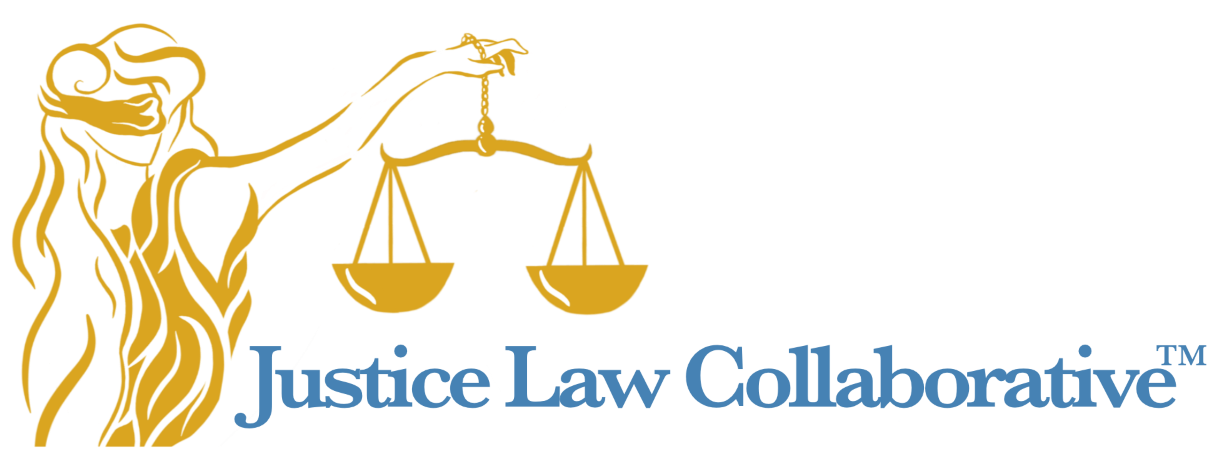Navigating Sexual Assault and Domestic Violence During the Holiday Season: Support, Reporting, and Empowerment
As the holiday season envelops us in warmth and celebration, it's essential to acknowledge the darker reality that accompanies this time of year: the prevalence of sexual assault and domestic violence. Beyond the festive cheer, increased social interactions, and sometimes heightened alcohol consumption can create an environment conducive to these distressing incidents. Addressing both sexual assault and domestic violence during the holidays is crucial, and providing guidance on how to navigate through these situations is of utmost importance.
Understanding the Challenge:
During the holidays, incidents of both sexual assault and domestic violence can occur in various settings, from family gatherings to intimate spaces. The combination of increased gatherings, elevated emotions, and potential alcohol consumption can contribute to vulnerable situations for individuals experiencing abuse.
For domestic violence, this time of year may intensify existing abusive patterns due to added financial stressors, heightened expectations, and increased family pressures. Abusers may exploit these circumstances to exert control and perpetrate violence, making it challenging for survivors to seek help.
Reporting an Incident:
When faced with the trauma of sexual assault or domestic violence during the holidays, prioritizing self-care and seeking support are vital steps. Reporting these incidents, while daunting, is essential for seeking justice and preventing further harm.
- Immediate Safety: If in immediate danger, call emergency services or find a safe space.
- Medical Attention: Seek medical care even if there are no visible physical injuries. A medical examination can preserve evidence and address any potential health risks.
- Contact Authorities: Report incidents to law enforcement or organizations specializing in support for survivors. Documenting incidents is crucial for legal action.
- Seek Support: Rely on trusted friends, family, or organizations providing assistance to survivors. They can offer emotional support and guidance through the process.
Notable Information to Remember (Always!):
To those affected by sexual assault or domestic violence during the holidays, remember:
- You Are Not Alone: Blame does not belong to you. Support systems are available to help you through this challenging time.
- Prioritize Self-Care: Take care of your physical and emotional well-being. Seek professional counseling or therapy to navigate the trauma.
- Empowerment Through Reporting: Reporting these incidents empowers not only yourself but also helps prevent similar situations from happening to others.
- Believe in Your Strength: Healing takes time. Your resilience will guide you through this challenging journey.
Community Actions:
As a community, we play a vital role in preventing and addressing sexual assault and domestic violence during the holidays:
- Raising Awareness: Educate about consent, boundaries, and available support services for survivors. Share resources and information on where to seek help.
- Creating Safe Spaces: Foster environments where individuals feel safe and respected during gatherings and events. Intervene if you witness concerning behaviors.
- Supporting Survivors: Listen without judgment, believe their stories, and provide them with the resources they need. Offer practical assistance and emotional support.
Final Thoughts:
Sexual assault and domestic violence during the holidays demand attention, support, and proactive measures to prevent them. To those affected, support and healing are available. Reporting incidents, seeking support, and prioritizing self-care are crucial steps toward healing and justice. As a society, it's our collective responsibility to create safer and more compassionate environments for everyone during this season of togetherness. If you or someone you know has been affected by sexual assault, seeking support from specialized organizations, counseling services, or law enforcement is crucial. It's essential to understand that help is available and that reporting incidents can contribute to preventing further harm and seeking justice.


